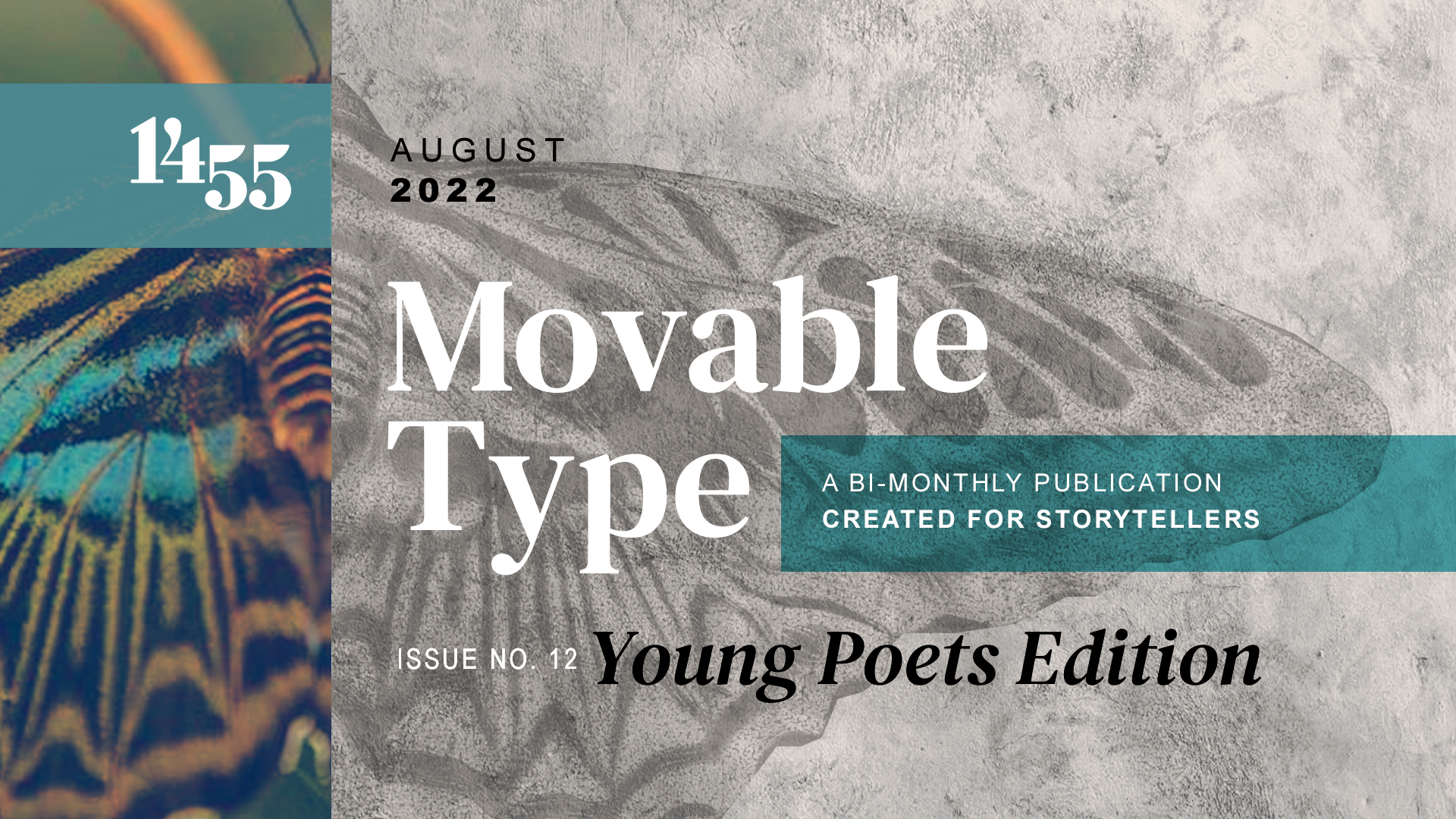Dilinna Ugochukwu
Poem About Boys Who Died Before They Were Born
Third Place, Category 1: Ages 13-18
(for closeted queer people)
“We’ve got no future here, you know what that means don’t you, it’s like dying before
you’re born.” — Madelein Thien, Lu, Reshaping
In our corner of the desert, you cross paths with a dead boy you loved, eyes turned downwards.
Forcing yourself to forget fantasies of companionship, reminding yourself someone is always
watching. Your whole life people have looked into your wide green eyes, noticed some rotten
unseeable thing, and whispered F◼◼◼◼◼, when you weren’t in the room. It could have been
the dresses or dolls or pink phones or some other stereotype, that let them all know, even before
you realized.
*
There’s a danger in being seen, especially when you’re blind to the look of contemptuous eyes.
In 7th grade, before ____ was hit by a car in front of our school, someone left a pink bracelet in
the boys locker room. Coach Stevens was furious, demanded he know which girl left it, hoping
the bracelet didn’t belong to one of us. You didn’t hear him talking to Ms. Bell, explaining how
he really felt. You didn’t know Coach was on the brink of an irrevocable act of violence.
It’s better when no one notices you, easier, safer, freer. Being forgotten is a type of freedom for
boys like us, my ideal future is, invisibility, fading into the gray of a shadow, or becoming air.
That would mean no more danger,
because we’d be somewhere else, because we’d be free,
I could kiss you on the lips in any restaurant,
go on picnic dates with you in the public park.
Walk down the empty street with you, late at night, the last street lights flickering on and off,
hand-in-hand, dressed as queerly as possible, fearing no one.
“Poem About Boys Who Died Before They Were Born” is a poem about living as a closeted queer person. It is not often that queer people actually get to talk about how the closet feels beyond shame and guilt. While it’s true that coming out is a type of freedom, invisibility is also a form of freedom. An idea that I play with in the poem is that the boys are in fact dead, and that becoming invisible is a way for them to be somewhere else where they are free to do everything they can’t do. Freedom for queer people in the world is hard especially since many countries, including my homeland, Nigeria, make it illegal for you to be gay. This poem ends with a queer freedom fantasy that the boys in the poem wish was real.
Dilinna Ugochukwu is a writer from Southern California whose work is published or forthcoming in Rigorous Magazine, Blue Marble Review, and the cul-de-sac. He is an Art-Editor for Ecosystemic Magazine, loves Satoshi Kon movies, and uses @dilinnna on Instagram.


